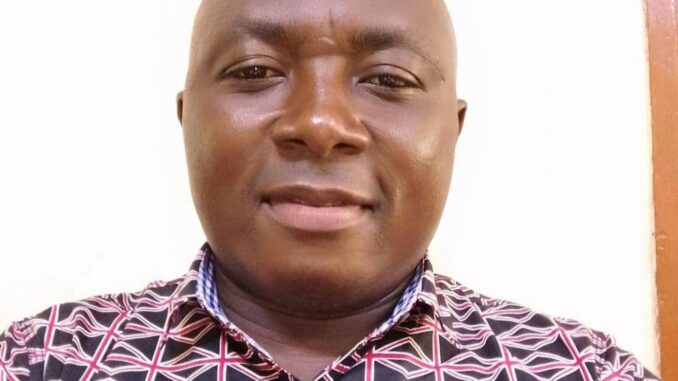
*THE GRIM LOGIC OF SIERRA LEONE POLITICS*
*by Mahmud Tim Kargbo*
*Saturday, 20th July, 2024.*
When he was defeated by his main rival in the All People’s Congress primary after three terms as a Member of Parliament in his constituency, he quipped “The people have spoken . . . and they must be punished!” That comment encapsulates a truth too seldom emphasised in Sierra Leone democracy. Elections are not only about holding office-holders accountable but about holding the electorate accountable. Citizens will be held responsible for their votes by the consequences of the choices made by the representatives they elect. Voter responsibility will become most clear when these decisions are the worst.
Electoral accountability has never been more relevant than today. Political rulers across Sierra Leone, many elected with handsome majorities, have been shown feckless in the face of mobs raging through their wards, constituencies and cities. Some allegedly indirectly ordered police in their constituencies, cities and wards to abandon a station with the result that it was burned down. Some allegedly indirectly permitted extremists to oust the police and establish control of key government assets in their constituencies, wards and cities, calling it a symbol of a coming “true democracy.” Days of murders and lawlessness in their almost autonomous zones eventually forced them to openly condemned the act and take back control. Some did nothing to prevent mobs from torching statues.
This recounting constitutes only a partial list of very negative actions in which our political rulers have not been keeping basic order. If tolerating mere broken windows leads to more crime, it is hardly a surprise that decisions, like the one to permit a police station to be torched, lead even more quickly to crime waves. And the victims are mostly members of the suffering majority for which protestors claimed they were rioting.
The politicians who have failed to keep order no doubt have their reasons. They may not want to be blamed for any police shootings that happen on their watch and putting down disorder always carries such risks. They may (wrongly in my view) believe that it is impossible to encourage protests without permitting some violence. They may even sympathise with the idea that some statues and property should be targeted by mobs. In any event, many local rulers have shown that they have less sympathy for preventing violence and protecting property than pursuing their other objectives. An All People’s Congress Councillor in the rural areas, the Sierra Leone People’s Party Young Generation Leader and just recently one of SLPP potential presidential flagship aspirant (Kadiru Kai Kai) were more explicit than most in expressing their distaste for the values of order and protection of property when they initially quoted Karl Marx denouncing the state “as the executive committee for the bourgeoisie.” Most of these local rulers are not Marxists, but they are indifferent to the rule of law that undergirds a prosperous, market-based society.
Of course, most voters do have an abiding interest in social order, crime control, and the protection of their property. Such bourgeois values have been central to the increased prosperity of the West in the last centuries for all groups, including the poor. To be sure, some members of P.P.P. and other anarchist groups would like to force others to live in the squalor they celebrate, but these are nothing like a majority. Many voters—enough to swing the results of future elections—may become unhappy as they see property values decline and their neighbours, if not themselves, become increasingly likely to be victims of crime.
Most of the time, voters in Sierra Leone do not seriously consider such dangerous consequences when electing leaders. Part of the reason is that the combination of factors that lead to disorder (such as lockdowns against a virus and the obviously unjustifiable exploitative neocolonialist and imperialist corporate rogue contracts that continue to keep the already suffering majority in absolute poverty) are low-probability events. But more importantly, citizens are less likely to make a difference in the outcome of a major election by voting than they will suffer a car accident on the way to the polls. Therefore, in normal times, they are going to vote not with attention to consequences, but expressively to affirm their image of themselves as good people. Whoever is elected, they must live with themselves. In many settings, that means above all affirming the view of themselves as generous liberals, particularly in contradistinction to Julius Maada Bio .
But when their elected rulers make decisions that lead to seriously adverse personal consequences, like loss of property values and increased fear of crime, accounting for results becomes part of the way they express themselves. When crime continued to rise under Ernest Bai Koroma and he failed to stop a riot against neocolonialist and imperialist corporate rogues in Tonkolili and failed to address other social challenges in other parts of the country, enough voters became concerned to elect Julius Maada Bio, although he is a SLPP member in a heavily APC main city. They hoped his leadership will usher in a tremendous renaissance for Sierra Leone and all Sierra Leoneans. The voters had indeed been punished by APC’s defeat, and for a while, even main SLPP members now recognised what I called “the credo of the genuine conservative, namely that the veneer of civilisation is frighteningly thin, hard to create but easy to destroy.”
The minds of voters are also concentrated by the ability of people and companies to exit cities where violence rises and property rights are disrespected. Ilya Somin in his fine new book, Free to Move: Foot Voting, Migration and Political Freedom, shows how foot voting may often be more effective than casting a ballot to bring about political change. These days, companies may seem focused on putting out public relations statements to align themselves with protests, but they decide where to locate based on the bottom line. They will flee those countries in which it becomes harder to recruit the best employees because of their periodic descent into chaos.
Powerful forces are at work in Sierra Leone to make many voters regret casting their ballots for rulers who tolerate lawlessness. For that reason, it is important for the national government not to intervene in what are essentially local law enforcement problems. To be sure, the national government has a responsibility to protect its national property and enforce national laws. Nevertheless, substituting for local law enforcement, no matter how badly led, only retards the process of making voters accountable for what they themselves have wrought. Indeed, low performing local rulers will then try to distract from their own responsibility for the chaotic situation by attacking national law enforcement. Because such enforcement is associated with the administration of Julius Maada Bio, supremely unpopular in their wards, constituencies and cities they can change the subject from their maladministration.
Once a crisis recedes into the distant past, voters are likely to once again lapse into expressive voting with little regard to consequences. Localities may again elect the kind of rulers who have made so many serious mistakes today. If he was alive, late President Ahmad Tejan Kabbah could only win another Presidential Elections because the transformation of Sierra Leone under his leadership had been so great that its denizens no longer remembered the grim days before the J. S. Momoh and National Provisional Ruling Council tenure. Because of the nature of voting and voters, local governance generally only improves through crisis. It remains to be seen if the disastrous decisions of many Sierra Leone rulers wake up the woke.

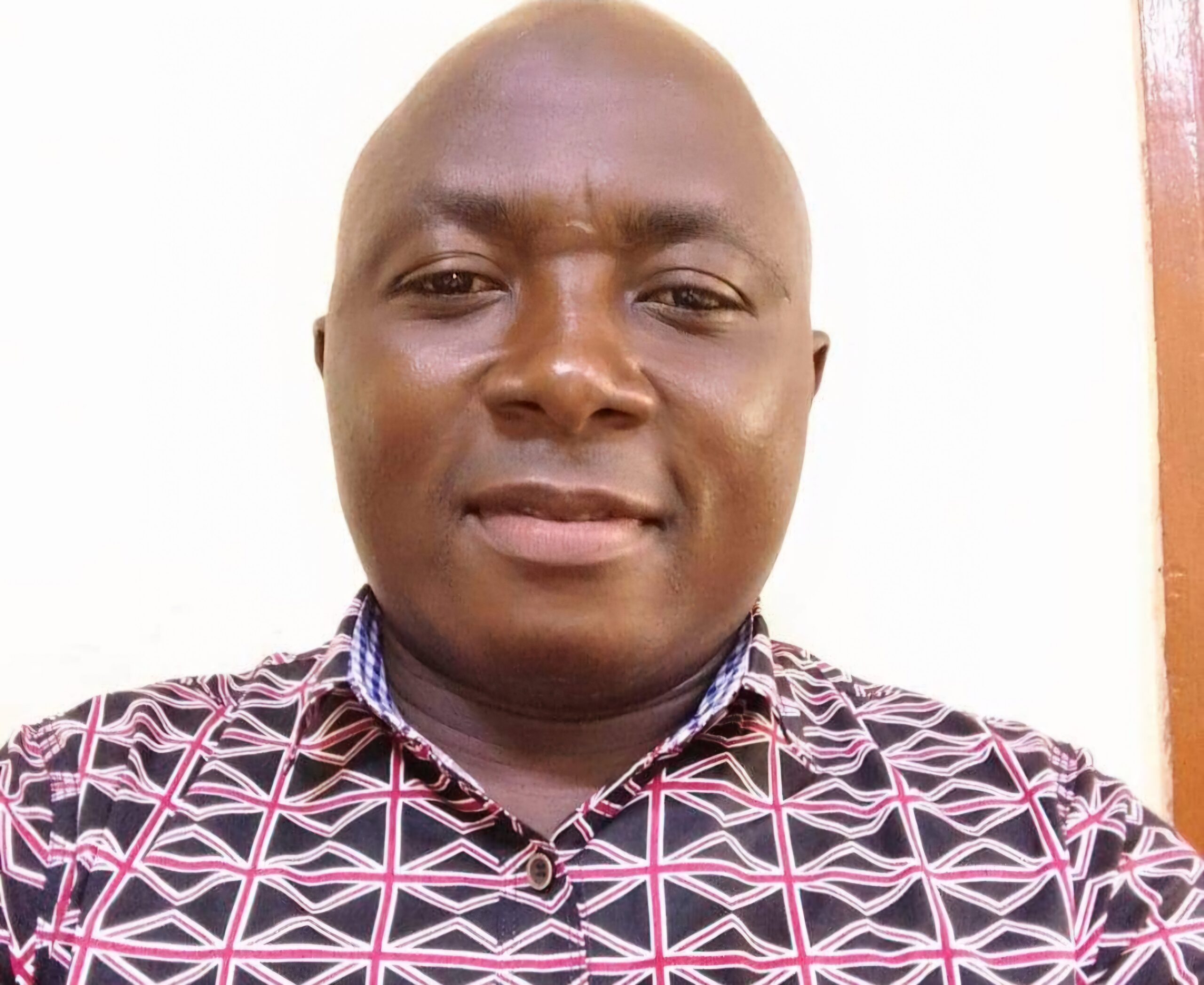
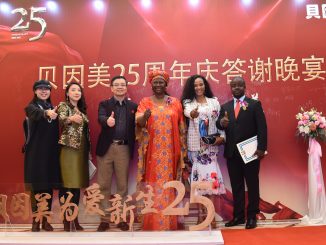
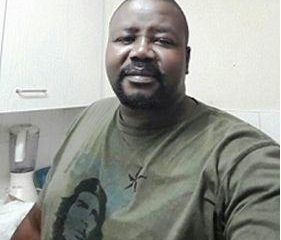
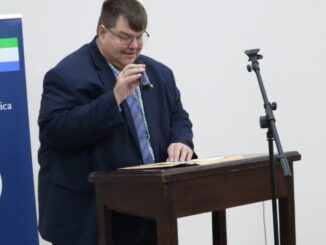
Leave a Reply